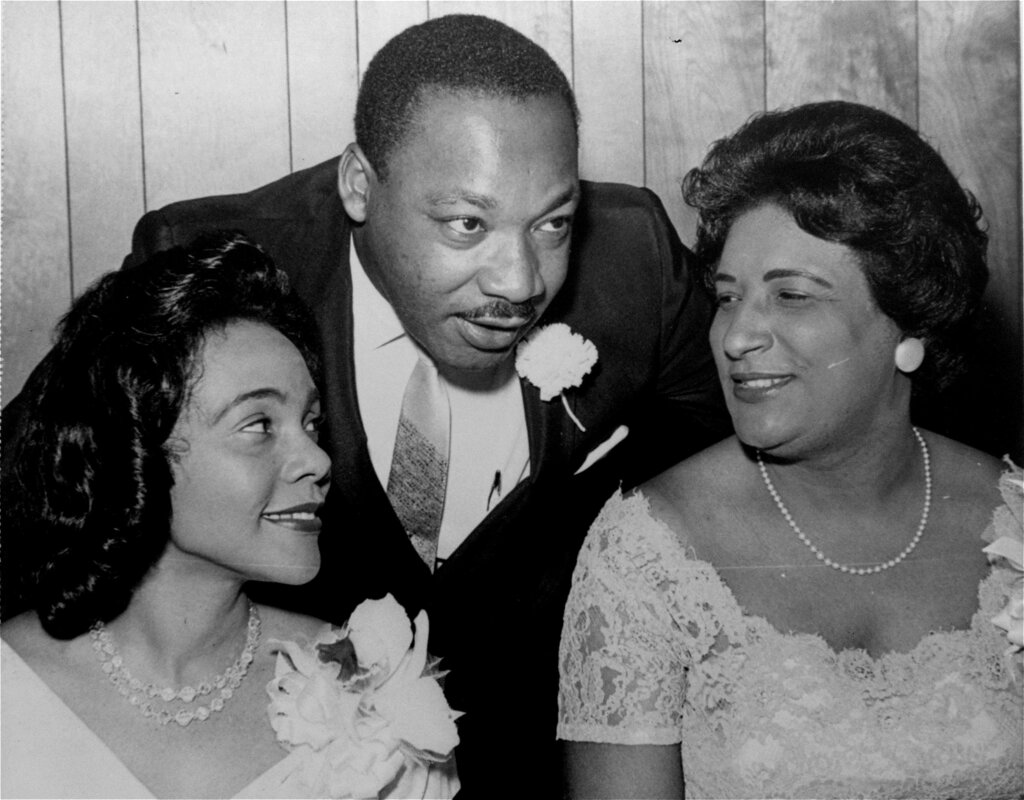Martin Luther King Jr. had a powerful message to deliver when he visited Portland in 1961, one that continues to resonate 60 years later as the country experiences a surge in racist rhetoric and violence.
“We must learn to live together as brothers,” he told the crowd at downtown’s Civic Auditorium. “Or perish as fools.”
King at the time was the 32-year-old co-pastor of Ebenezer Baptist Church in Atlanta and president of the Southern Christian Leadership Conference. He had led the influential Montgomery bus boycott in the mid-1950s.
But those accomplishments didn’t mean all Americans knew who King was or what he was about. He hadn’t yet won the Nobel Peace Prize. He hadn’t yet delivered his stirring “I Have a Dream” speech at the Lincoln Memorial in Washington, D.C. The Oregon Journal newspaper, in its coverage of King’s 1961 Portland address, introduced him not by name but as “a Negro Baptist minister.”
The Civil Rights Movement was beginning to dominate headlines and public debates when King came to town for a day of speeches, conversations and interviews. This was the year of the Freedom Riders, when young activists headed into the Jim Crow South to challenge the segregation of bus terminals — and frequently faced a brutal response from local law enforcement.
King, who would be assassinated in 1968, addressed the violence faced by the Freedom Riders when he gave a press conference in Portland on the morning of Nov. 8. During his speech that evening at Civic Auditorium, he told the 3,500 people in attendance that segregation was “slavery covered up with nothing but the niceties of complexities.”
The civil-rights leader also appeared that day at Vancouver Avenue First Baptist Church and Portland State. That same day, critics in Seattle were trying to get the school board there to ban King from speaking at a public high school in the city on Friday. The school board refused the demands.
More than 50 years after his death, King commands a central place in 20th-century American history. Martin Luther King Jr. Day, marking his birthday, became a federal holiday in 1983. It is observed on the third Monday in January — Jan. 18 this year.
Meanwhile, his life’s work continues in his absence.
As he talked in Portland 60 years ago, about the Freedom Riders and segregation, about fair-housing policies and his commitment to nonviolent protest, King time and again appealed to what Abraham Lincoln called the better angels of our nature.
“Americans must rise above the narrow confines of their individualistic concerns to the broader concerns of all humanity,” he said. “They must rid themselves of the notion that there are superior and inferior races.”
He added that the choice Americans faced was stark: it was “between nonviolence or nonexistence.”



